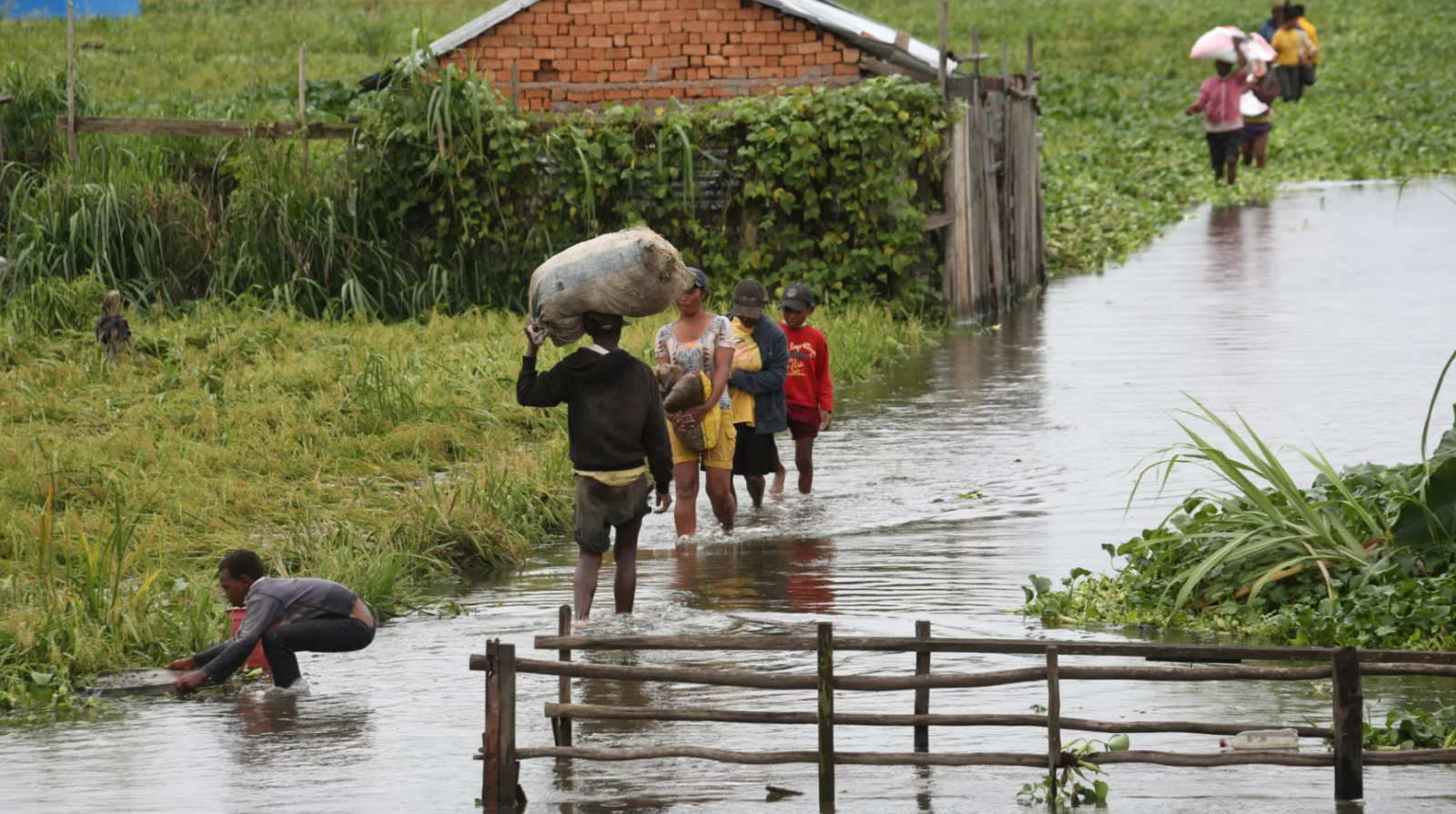
Published in the Journal of Climate Change and Health, the research found that climate stressors are already shaping adolescent well-being, with many describing a sense of hopelessness about their future.
"Life is a misery," said one participant.
Survival Over Childhood: The Reality for Madagascar's Youth
Researchers gathered data from 83 adolescents across six rural villages, with focus groups including 48 of those surveyed. The study found:
- 90% of households had run out of food in the past year.
- 69% of adolescents had gone an entire day without eating.
- Many had witnessed community members starve to death.
"There is no water, and when sunlight is burning, we are suffering," said one respondent.
With crops failing and livelihoods vanishing, many adolescents are forced to migrate for survival, leaving behind their education and families. Those who remain face hunger, fear, and a bleak future.
Climate Change: A Mental Health Crisis, Not Just an Environmental Issue
Lead researcher Dr. Kristin Hadfield from Trinity College Dublin emphasized that climate change is not just an environmental issue but a mental health emergency.
"In higher-income countries, climate anxiety often focuses on future risks. In Madagascar, young people are already living the reality," Hadfield said.
The study identified three key pathways through which climate change affects adolescent mental health:
- Loss of household resources – Food and water shortages cause direct physical and emotional suffering.
- Uncertainty about the future – The unpredictability of climate conditions fuels chronic anxiety.
- Disruption of coping mechanisms – Migration, loss of education, and community breakdown leave youth without support systems.
Call for Mental Health Support in Climate Adaptation
The authors of the study stress that mental health services must be integrated into climate adaptation efforts, particularly in low- and middle-income countries.
"Young people in southern Madagascar are unwilling pioneers of climate change's impact," said Dr. Hadfield. "We must listen to their voices and act."
As climate-induced crises escalate globally, experts warn that ignoring the psychological toll on vulnerable communities will only deepen the crisis.